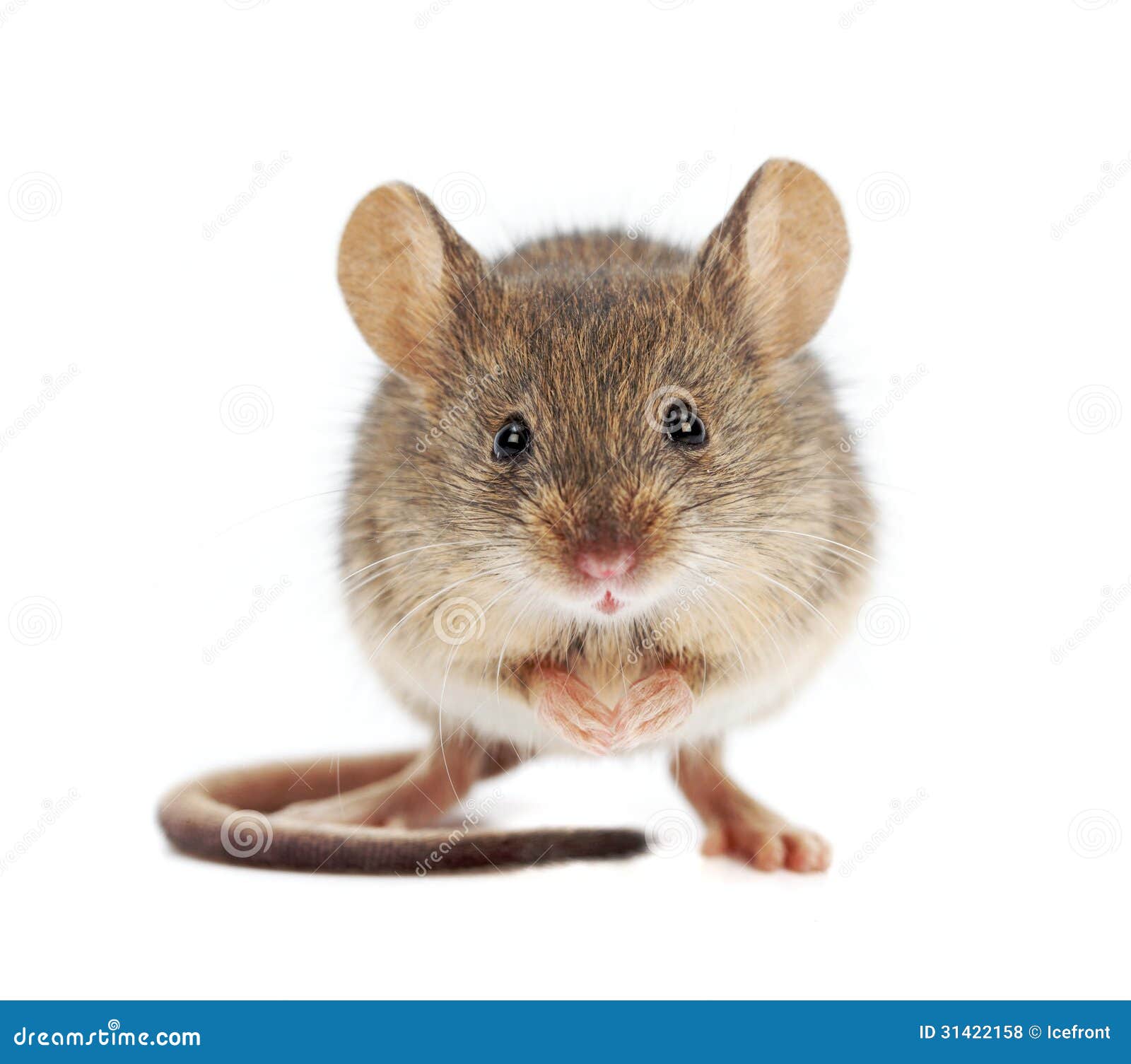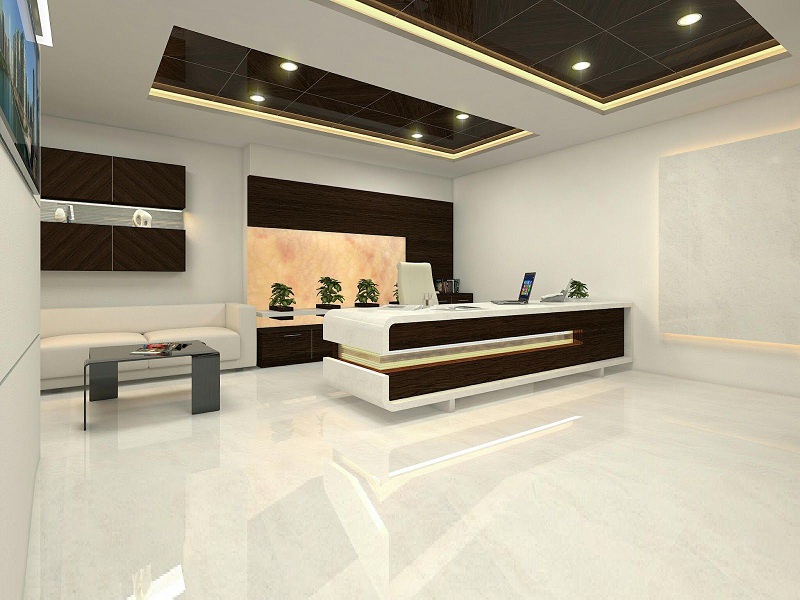Table Of Content
House mice are one of 38 species in the genus Mus, a member of the subfamily Murinae in the mouse family Muridae within the order Rodentia. Many studies have been done on mouse phylogenies to reconstruct early human movements. The standard species karyotype is composed of 40 chromosomes. Within Western Europe there are numerous populations – chromosomal races – with a reduced chromosome count arising from Robertsonian fusion. Mice are mammals of the Glires clade, which means they are amongst the closest relatives of humans other than lagomorphs, treeshrews, flying lemurs and other primates.
What’s the most humane way to get rid of mice?
Pest Control Tips for Rodent Awareness Week - CleanLink
Pest Control Tips for Rodent Awareness Week.
Posted: Tue, 17 Oct 2023 07:00:00 GMT [source]
House mice generally live in close association with humans-- in houses, barns, granaries, etc. They also occupy cultivated fields, fencerows, and even wooded areas, but they seldom stray far from buildings. Some individuals spend the summer in fields and move into barns and houses with the onset of cool autumn weather. Because of their association with humans, house mice have been able inhabit inhospitable areas (such as tundra and desert) which they would not be able to occupy independently.
Geographic Range
Wild-derived captive Mus musculus individuals have lived up to 4 years in captivity. House mice can carry diseases and contaminate stored food that they eat in the home. House mice have been implicated in the spread of salmonella through their feces. Humans can become ill by consuming salmonella contaminated food. Symptoms of salmonellosis include diarrhea, fever and abdominal pain.
House mice can be found in urban areas, while deer mice live strictly in meadows, fields, and parks.
Rats can be more aggressive than mice, especially around their offspring, and they’re more likely to bite you if they feel threatened. Mice are less aggressive, but their smaller size makes it easier for them to sneak around your home unnoticed. Mouse urine is difficult to spot under most conditions. It doesn’t even have a strong, urine-like smell to it. The best way to spot mouse urine is with a blacklight. Mouse urine fluoresces under UV light, so while it’s hard to see normally, an inexpensive blacklight will quickly reveal it.
Adults can be up to eight inches, including the tail. It’s nocturnal and omnivorous, feeding mostly on seeds, berries and insects. It doesn’t hibernate, but goes into a state of inactivity known as torpor during the hottest part of the summer. No matter how clean your house is, the spaces inside your walls and up in your attic still offer warm, safe places for them to nest.
Why do mice come in the house in the summer?

They live within houses, barns, and other manmade structures, and often collect discarded food or livestock grain for food. You likely think of this rodent when you picture a typical mouse. They have short legs, long tails, brown fur, and small rounded ears. Most measure about three inches long and weigh no more than an ounce. Domesticated forms and albinos have been developed which are commonly used as laboratory animals (especially in medicine and genetics), and as pets. Mus musculus also has a small role as an insect destroyer, but this is minimal.
Mice are rarely active during the day, so this one was probably pressured into your home by weather or predators. House Mice are omnivores, meaning they eat both animal and plant foods. Every part of a plant—leaves, roots, stems, seeds, fruit, grains, and nuts — is part of their diet. They supplement that with insects, carrion, pet food, and just about anything that people will eat.
Sometimes they’ll use glue traps – these are very inhumane and cause a lot of undue suffering for the mice that get trapped in them. So if they plan to use glue traps ask them to use traditional mouse traps instead. Most exterminators will focus on killing the mice, rather than relocating them.
Your house is cool in summer, just like it’s warm in winter. It’s still full of food and water and provides excellent shelter. In other words, mice come into your house in summer for the same reason they do in winter- living conditions inside your house are better than they are outside your house. Estimates vary, but some think that as many as 21 million homes are infested with mice every year in the United States.
Cats will definitely keep mice away from places like your kitchen, living room, and bedroom. But mice like to nest in the attic and in the spaces inside your walls, and your cat can’t get to them there. Mice know that, and when they smell your cat they’ll probably just return to the safety of their nest. In short, no, mice won’t leave your house if they smell a cat. By far the most humane way to get rid of mice is to use non-lethal, catch and release traps. These traps safely and effectively catch the mice and allow you to take them somewhere far from your home where you can safely release them.
As it also causes pain and suffering to the mouse, it may make loud noises while on the glue board. Not much is known about their breeding habits, but experts think they have a very limited mating season. Female pygmy mice likely only give birth once a year, and have an average of three babies. To avoid the hot African climate, they look for food at night and mostly burrow underground during the day.
How To Get Rid Of Mice And Keep Them Away From Your Home, According To An Expert - Southern Living
How To Get Rid Of Mice And Keep Them Away From Your Home, According To An Expert.
Posted: Fri, 29 Sep 2023 07:00:00 GMT [source]
It’s difficult and time-consuming work, but it’s also easier and cheaper than other pest removal problems. The exact cost will depend on the severity of the infestation, the specific pest removal company you hire, and your location. Just like with mice, this depends on many variables. A rat can certainly chew through a wall much faster than a mouse, but the rate at which they chew will depend on what and why they’re chewing.

No comments:
Post a Comment